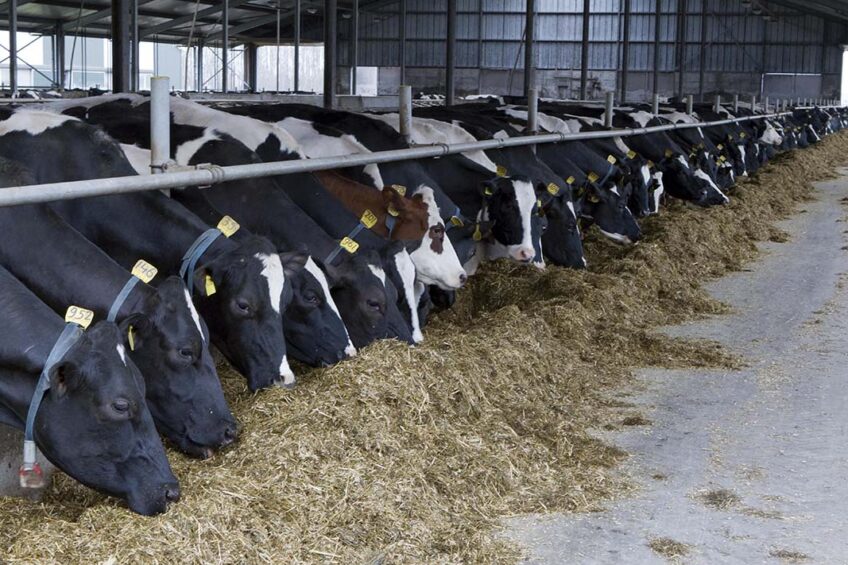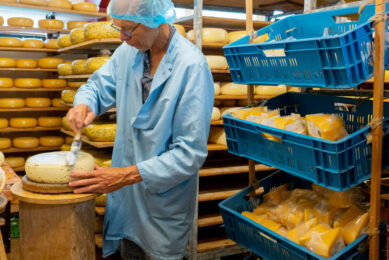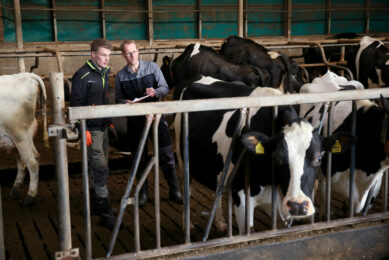Russia commences construction of its largest dairy farm

Vaganovo, a prominent Russian dairy company, is on track to invest 18 billion rubles (US$175 million) into a milk farm in the Kemerovo region, which is expected to become the largest in the country.
The farm, the construction of which has already started, is called to meet Vaganodo’s own demand in raw milk. Designed to house 18,000 heads of cattle, including 8,200 cows, the farm is set to churn out 240 tonnes of milk per day. This translates to an annual production of 82,000 tonnes, a substantial contribution to meeting the demand in the Kemerovo region. In addition, the company is open to selling raw milk to other firms, including foreign customers.
“From an export perspective, this location is strategically advantageous for us. It offers convenient access to transport routes for feed procurement, a key condition for building such facilities. Moreover, there are ample land plots here to provide the farm with feed,” commented Roman Mayer, general director of Vaganovo.
Workforce issue
Mayer shed some light on how the company plans to address the labour shortage, a problem the Russian dairy industry considers the most pressing in the past few years. “We plan to attract workers from all nearby settlements, and if necessary, we will hire and bring employees from Kemerovo,” he said. In total, the new farm will employ 400-500 workers.
He also unveiled that the construction will be finished in 2-2.5 years. The complex is planned to be built on 100ha, plus 20,000ha will be required to grow feed for the herd.
Alexey Gruzdev, CEO of Streda Consulting, a local think tank, stated that the labour shortage would be the main challenge for the investor, citing a persistent labour shortage in the Russian economy. “The complex is quite large, and there is always a high need for highly qualified personnel. There are many issues with personnel and their availability in most industries. The situation is tense but solvable,” he said.
More capacities in the cards
Sergey Tsivilev, the governor of the Kemerovo region, said that the complex will not be enough to meet all the region’s needs and the option of building a twin farm in the region is already under consideration.
Under the Kemerovo dairy industry’s development plan, 7 modern livestock complexes are due to be built in the region through 2035. The plan lacks details but stipulates that investors can count on state aid in several forms.
Join 13,000+ subscribers
Subscribe to our newsletter to stay updated about all the need-to-know content in the dairy sector, two times a week.










